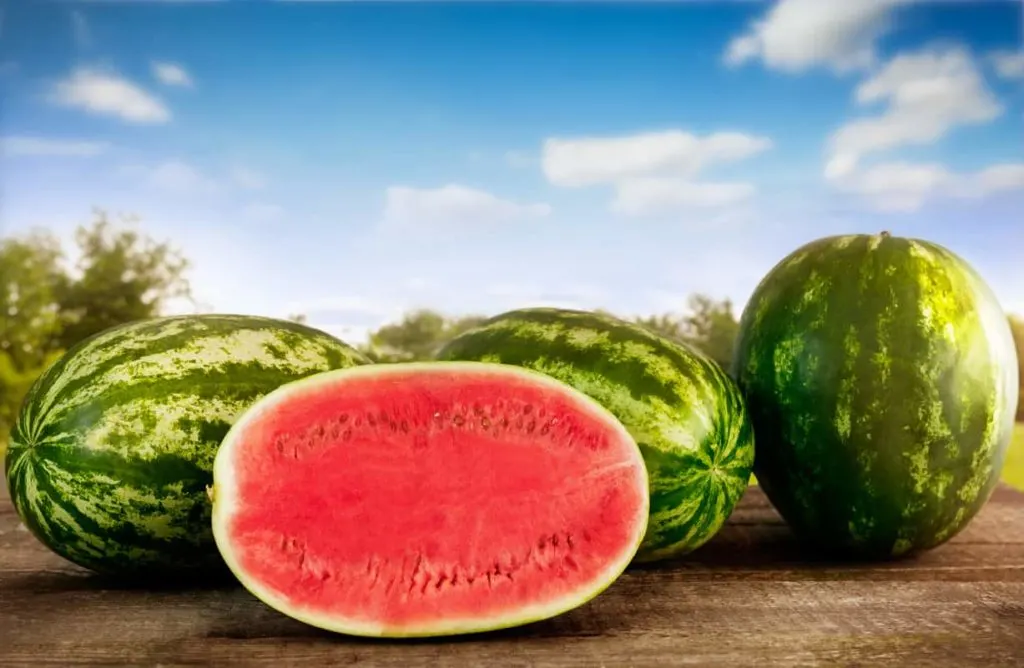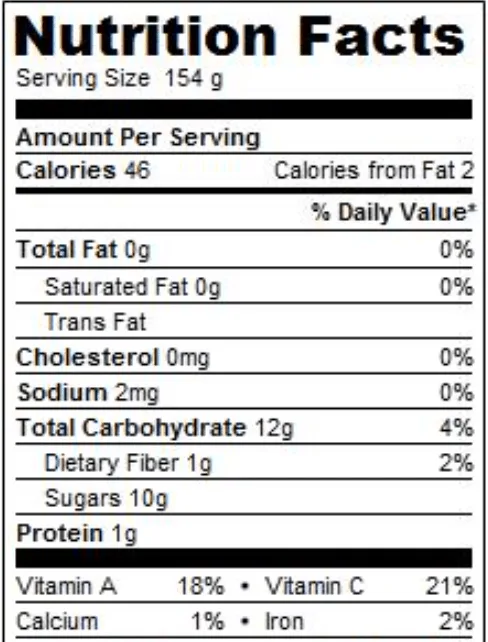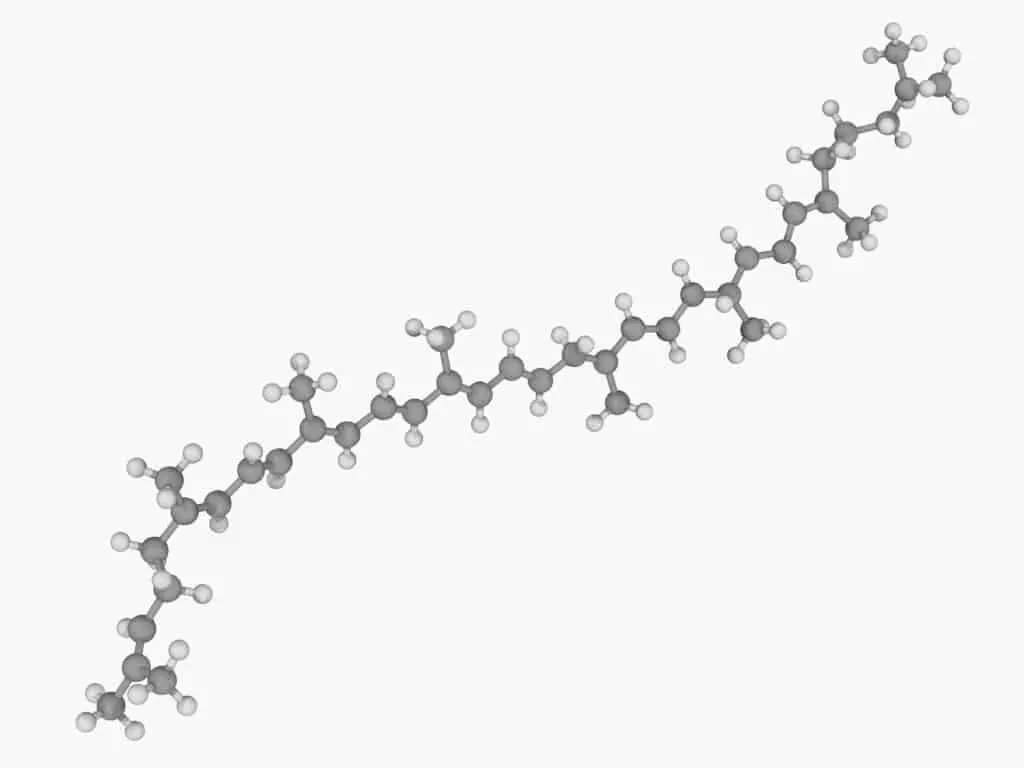
Who doesn’t love the taste of watermelon, especially on a hot summer day? Its light, cool, and refreshing taste makes our taste buds sing. You of course want to share some with your loving GSD, but for Fido’s safety, it’s important that you understand how to safely feed it to him.
In this article, we will provide you with a thorough answer to the question: Can German Shepherds eat watermelon?
Watermelons, when fed in moderation, are a hydrating and refreshing treat that German Shepherds love. Served fresh or frozen, they are rich in potassium, lycopene, and vitamins C, A, and B6, all of which are essential nutrients for a German Shepherd.
Click Here to Jump to a Section
Benefits of Feeding Watermelon to a German Shepherd
As mentioned above, feeding watermelon to your German Shepherd has a lot of health benefits that come along with it. Let’s now take a closer look at just why it’s a good thing to feed watermelon to your GSD.
Watermelon Contain Potassium
Potassium is an essential electrolyte and mineral for both people and dogs alike.
While watermelon is not a top source of potassium, it does offer an adequate amount of this mineral/electrolyte. One cup of diced watermelon contains approximately 170 grams of potassium.
As both an electrolyte and a mineral, potassium functions to keep the water and electrolyte levels of the body in a homeostatic mode – in other words, it works to balance water and electrolytes in the body.
Potassium is also extremely important in nerve and muscle function. So feeding your GSD watermelon in moderation, especially after strenuous exercise, is a great way to prevent fatigue.
Watermelons Contain Essential Vitamins

Like humans, certain vitamins are essential to a GSD’s overall healthy metabolic functioning. Watermelon contains significant levels of the following essential vitamins for German Shepherds:
- A: Stored in fat cells in the liver, it is essential for healthy skin, coat, muscles, and nerve functioning
- B6: Aids in protein synthesis, hormone secretions, and responsible for physiological processes and overall well-being
- C: An important antioxidant that destroys harmful free radicals and also works to reduce inflammation and promotes healthy cognitive functioning
Watermelons Contain Essential Amino Acids
Amino acids are the building blocks for proteins, and they are an essential part of a German Shepherd’s diet. Watermelon contains vast amounts of an amino acid called L-citrulline.
L-citrulline, once metabolized, converts to L-arganine, which is an essential amino acid. L-arganine is not only essential, a study by PubMed dubbed it “An Indispensable Amino Acid for Mature Dogs.”
A dog’s diet deficient in L-arganine has been linked to weight loss, emesis, muscle tremors, and frothing around the mouth.
Also present in a diet deficient in L-arganine were elevated levels of plasma ammonia and orotate, along with urinary citric and orotic acid.
In other words, your German Shepherd needs L-arganine as a part of his diet to promote overall health an well-being.
Watermelons Contain the Antioxidant Lycopene
Watermelons contain significantly high levels of Lycopene. Lycopene is an antioxidant that has been thought to reduce the likelihood of cancer in dogs. Specifically, cancer of the lungs, esophagus, and larynx.

Compared to other dog breeds, German Shepherds are particularly susceptible to developing cancer.
In fact, according to the American Veterinary Medical Association, upwards of 27 million dogs are diagnosed with cancer each year, and approximately 50% of GSDs over the age of 10 will die of cancer.
In addition to potentially warding off cancer, Lycopene is also good for your GSD’s vision.
Research has suggested that Lycopene, in conjunction with several other key nutrients (vitamin D, vitamin E, zeaxanthin, zinc and taurine, may actually work to decelerate eyesight issues in older dogs.
Watermelons Help to Control Your German Shepherd’s Weight
Many of us, unfortunately, find ourselves in a position where we have to ask the question, “am I feeding Fido a bit too much?”
Weight gain in your German Shepherd can seem to come about suddenly.
This is obviously not the case, as your GSD will not put on pound overnight, but there does come a day when you notice it.
The healthy way to approach rectifying the situation of an overweight GSD is to slowly take the excess weight back off.
This does not mean that you must altogether cut out feeding Fido treats, or put him on an ultra-restrictive diet either.
Here is where fruits such as watermelons can come in to save the day.
Because of their low caloric content, a small amount of watermelon can be a tasty treat replacement which will, over time, work to remove those excess pounds.
Watermelons Are Great for Hydration
In addition to providing an abundance of essential vitamins and amino acids, eating watermelons are great for hydration – for both humans and for German Shepherds!
In fact, watermelons are composed of almost entirely water – 92% to be exact, so they are very aptly named.
While they may be a great source of water for your GSD, make sure to read the cautions below, as too much watermelon, like anything else, can actually have a negative effect on your GSD.
How to Safely Feed Watermelon to Your German Shepherd
As we have discussed, watermelons are a welcome and tasty treat for a German Shepherd.
Just take a look at how much the GSD in this video is loving watermelon. However, as further explained below – remember to remove the seeds!
It is important to understand, however, that there are certain precautions that you should take in order to make sure that your GSD ingests the watermelon which you provide in a manner that is not harmful to him.
Remove the Rind
While the flesh on the inside of the watermelon will more or less dissolve in your GSD’s mouth with very little chewing, the rind covering the outside of the watermelon is not so friendly.
Watermelon rind, while not actually harmful in any way by the its make-up, can present a hazard.
Since watermelon rind is rather rigid and contains sharp, angular edges when cut, it can present a problem to your GSD in terms of swallowing it.
Your GSD will likely just “wolf” down the rind without paying any mind at all to chewing first.
And because the rind is slippery, large pieces of it can just slide down your dog’s throat and cause an upset stomach or gastrointestinal blockage.
Remove the Seeds
The seeds of a watermelon can also present an issue for your German Shepherd in terms of gastrointestinal blockage, so it is important that you remove them before allowing your GSD to eat any watermelon.
Generally speaking, your GSD will by no means exercise any caution while ingesting a watermelon rind and will not hesitate to eat the seeds either.
Remember that it is your responsibility to exercise control over this and remove all seeds and avoid feeding your dog any of the watermelon rind as well.
Moderation Is Key
Lastly, do not feed your German Shepherd too much watermelon in one sitting.
Watermelon is very easy for humans to eat since it almost melts in your mouth as it quenches your thirst at the same time.
Just imagine what this sensation is like when experienced by a German Shepherd – he will eat as much of it as you put in front of him!
Just like anything else, moderation here is key. As the old saying goes – too much of anything is bad for you. The same holds true for your German Shepherd, so portion control is something that you must pay attention to.
The experts at Preventative Vet suggest that when feeding your dog any type of treat, including fruits and vegetables, that they should not make up more than 10% of your dog’s caloric intake.
Here is a handy chart to determine how much 10% of your German Sheperd’s caloric intake would be:
| Weight in Pounds | Calories Required Each Day |
| 50 lbs | 1,000 calories each day, more if active |
| 60 lbs | 1,200 calories each day, more if active |
| 70 lbs | 1,400 calories each day, more if active |
| 80 lbs | 1,600 calories each day, more if active |
| 90 lbs | 1,800 calories each day, more if active |
| 100 lbs | 2,000 calories each day, more if active |
Based on the above chart, a German Shepherd weighing 60 lbs should consume approximately 1,200 calories each day. 10% of this would be 120 calories. A watermelon contains approximately 50 calories per cup – 46.2 to be exact.
Important Consideration: Since watermelon is high in vitamin A, exercise caution and feed your GSD slightly less than the 10% general rule, as a full 10% serving may give your dog more than the recommended amount of these vitamins.
Based on the above consideration, in the above example, it would be a safe bet to feed your GSD no more than 2 cups of watermelon per day.
Stick with the “slightly less than 10%” rule when feeding your GSD watermelon, and you will have a very happy and grateful pup!
Additionally, as a rule of thumb, cut up any watermelon that you plan on feeding to your GSD into small bite-sized cubes. This will allow you to really stretch out the tastiness.
Why give your GSD one big bite that will be gone before you know it when you can turn that same amount into about a dozen small servings?
An Unexpected Watermelon Alternative
If you are feeding your German Shepherd organic and seasonal watermelon, you will find that they are at times unavailable due to being out of season.
Not to worry though, watermelon flavored Fruitables Skinny Minis Grain Free Soft Dog Treats have you covered!
As odd as it may seem, these tasty little treats actually smell and taste sweet, and dogs of all types seem to love them. They are well balanced with essential vitamins and nutrients, and are a low calorie and healthy snack for your GSD.
Plus, they are a lot easier to fit into your pocket than a watermelon!
Final Thoughts
As we’ve discussed, feeding watermelon to your German Shepherd has many benefits attached to it.
These range from providing your GSD with essential vitamins, nutrients, and amino acids, to even helping with the goal of weight loss for your dog is that is proving to be an issue.
Just remember to follow the simple steps below:
- remove the rind
- remove the seeds
- feed in moderation (see above chart)
As with anything that you feed to your GSD, it’s important to use your common sense.
If you find that your dog’s stomach is upset after eating watermelon, do not feed him anymore before consulting with your veterinarian.
